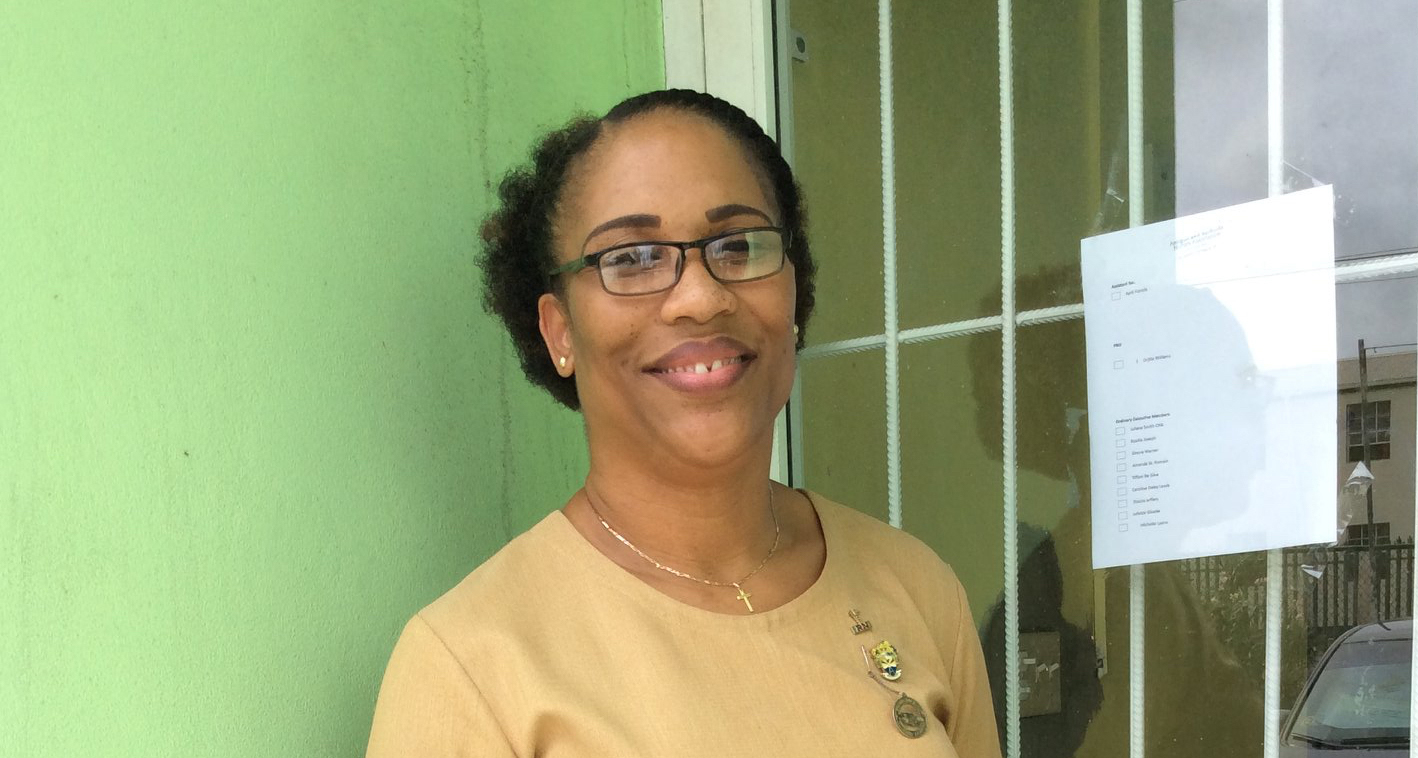
By Orville Williams
The Ministry of Education is being commended for its effort to ensure the presence of medical personnel – specifically nurses – in schools, but the inadequacy has re-emphasised the need for focus on the retention of these professionals.
Earlier this year, at the onset of the coronavirus pandemic, some school principals complained that despite pronouncements from the Ministry, there were no nurses or other such personnel on site to support and enforce the Covid-19 protocols, including temperature checks.
Now, ahead of the re-opening of schools next month, the ministry is in dialogue with the Cabinet, to assist in finding solutions to this and other relevant issues.
In a press conference yesterday, Director of Education, Clare Browne, acknowledged the shortage of nurses in the country, but assured that discussions have taken place on the matter.
“In a few of our schools, we have school nurses already assigned, [but] the Ministry of Education is mindful that there is a shortage of nurses in the country.
“One of the things we suggested to the Cabinet was to perhaps engage some of the retired nurses, so that they could offer that kind of service to our schools. That is the plan,” Browne said.
In the interim, Browne added, the ministry has put things in place to at least temporarily fill the gap.
“What we have done, in every school, there is someone who has been trained in first aid – at least one – so we have organised widespread training for that to have happened,” Browne explained.
President of the Antigua and Barbuda Nurses Association (ABNA), Soria Dupie-Winston, is applauding the Education Ministry for the attempts to secure nursing assistance for the schools. She says, with the bigger picture being the safety of the students, she would even encourage these nurses to assist where possible.
“Yes, I would encourage nurses who are available to go out and assist in the schools, because we want to ensure that our children are safe.
“I’ve seen the news reports where schools have opened in Atlanta and students are testing positive. This, I’m sure, is a fear for a lot of parents. I’m a parent as well, of two children who will be attending school and I have my reservations and concerns [regarding] their safety when they go back to school,” Dupie-Winston said.
She also advised, that in addition to the retired nurses the Education Ministry is looking to acquire, there is another group that could prove helpful.
“There are nurses out there who have graduated and are not working. I think the onus is on the Ministry of Education to make contact with the school [of nursing], to see who these nurses are and try to get them to come on board as well, to assist with the reopening of schools,” Dupie-Winston explained.
Nevertheless, the ABNA president believes the root issue has not yet been addressed, as the country continues to face a shortage of nurses, primarily due to migration and the opportunities that are available abroad.
Dupie-Winston said there has to be an answer to this problem, with the effects now more visible during the pandemic.
“The onus is on the government – especially for our younger nurses – to make the packages more attractive for nurses to stay here. If they’re allowing the packages in [other countries] to look more enticing than what they have to offer here, of course the nurses will not want to stay.
“The availability of land – nurses aren’t asking for land for free, they’re willing to pay for it. Housing – they’re [also] willing to pay for it, but have some opportunities available. This is something that I, as the president, have asked for before and we’re still waiting,” Dupie-Winston added.
